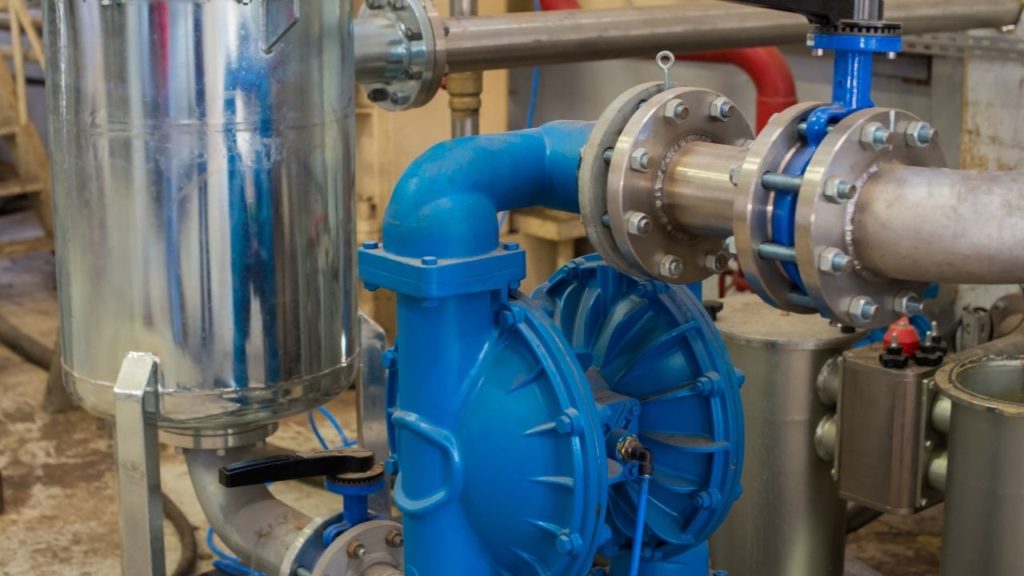
Common Issues With Diaphragm Pumps
Pumps of all kinds do hard and important work, so when a pump isn’t doing its job, you need to take action. Diaphragm pumps, a particular model of positive-displacement pump, use the force of reciprocating membranes—like the diaphragms in our own respiratory systems—to circulate fluids. One of the most common uses of a diaphragm pump is for draining water from a space, situations where you often cannot afford slowdown or failure. Here are some of the common issues with diaphragm pumps to look out for so you can swiftly address them if they arise.
Inconsistent Operation
In a perfect situation, the mechanism of a pump would be something you could set your watch to. But perfect situations are few and far between, especially the longer and harder a pump works. Valve damage and obstructed suction lines are the most likely culprits in erratic functioning of a diaphragm pump. While cleaning a suction line should be relatively simple to carry out, damage to valves and gaskets will call for replacement more often than repair.
Failure To Cycle
While inconsistency in pump operation is troubling, outright failure to operate can be disastrous for your job. Most often, a faulty ball and seat are interrupting your pump’s cycles, either due to damage or from the ball becoming lodged in the seat due to excessive pressure.
Noisy Operation
The pumps you work with are heavy machinery. No one expects them to run as quietly as a church mouse; but if you find yourself reaching for a pair of those high-performance earmuffs people wear around jet planes, then you might have an issue with your pump. Insufficient oil is what usually causes more-than-sufficient noise. Replenish your pump’s oil and assess the situation from there. If the high noise level persists, your pump’s namesake diaphragm may be wearing out and failing. At that point, repair or replacement is necessary. But don’t fret—Moley Magnetics not only carries a wide industrial pump supply, but also has technicians on hand to perform the repairs with trademark expertise.
Leakage
One of the most common issues with diaphragm pumps is that of leaking fluids. In dealing with fluids and moving parts, leakage is inevitable, but you can take steps to prevent this by not overworking your pump at higher-than-recommended pressure levels. This can cause the diaphragm to tear and even rupture. But by following recommended operations, you can stave off this critical failure.

